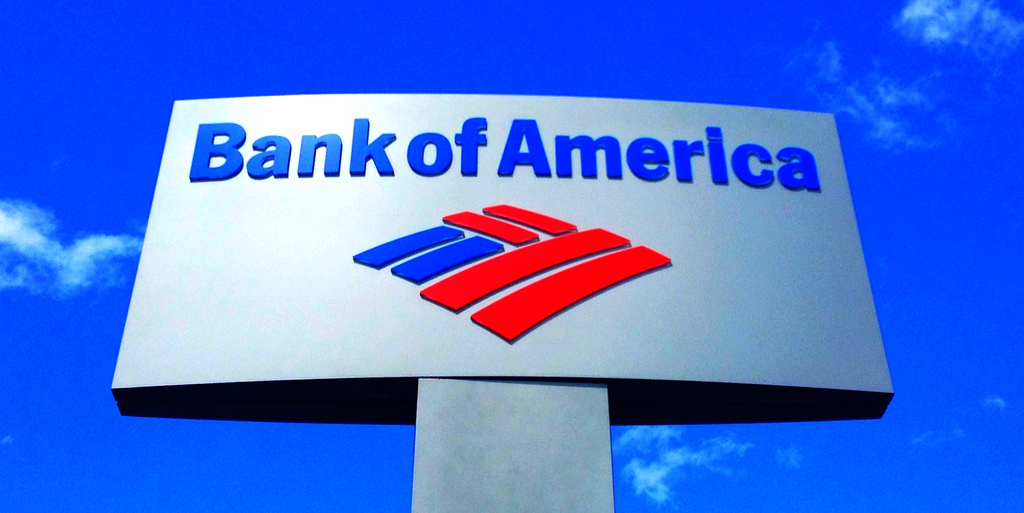SIXTH property insurer declares bankruptcy after Hurricane Ian
10/03/2022 / By Ethan Huff

The insurance industry is not doing so well as the sixth insurance company so far this year declares insolvency.
According to reports, state regulators in Florida have asked a judge to place a property insurance company in receivership following Hurricane Ian.
The Florida Department of Financial Services is seeking to be the appointed receiver for FedNat Insurance Company, which was already struggling long before Ian arrived. (Related: Florida’s fertilizer hub took a direct hit from Hurricane Ian.)
FedNat canceled 56,500 policies back in May. In June, the company reached an agreement to transfer about 83,000 policies to another company.
FedNat will still be responsible for all claims and other obligations before June 1, according to court documents. On September 13, the company notified the state Office of Insurance Regulation that it does not have enough money for “runoff” from its obligations.
“Respondent (FedNat) notified OIR that it had overstated its cash position and could not complete a solvent runoff,” a court petition filed by the Department of Financial Services’ Division of Rehabilitation and Liquidation reads.
“OIR immediately sent an examiner to the company. On September 14, 2022, Respondent advised OIR that it did not have sufficient cash on hand to pay its obligations and debts as they come due in the normal course of business. Therefore, Respondent is insolvent as defined (by a section of state law) and delinquency proceedings are appropriate.”
Florida’s property insurance system is collapsing at breakneck speed
Since February, the following Florida property insurance companies have declared insolvency:
- Southern Fidelity Insurance Co.
- Weston Property and Casualty Insurance Co.
- Lighthouse Property Insurance Corp.
- Avatar Property & Casualty Insurance Co.
- St. Johns Insurance Co.
The state-backed Citizens Property Insurance Corp., which was created as “an insurer of last resort,” according to a Tallahassee-based news outlet, has seen massive growth this year amid the loss of all these insurance companies.
As of September 16, Citizens had 1.055 million policies, which is more than double the number it had two years ago. Of these, 19,740 policies were previously insured by FedNat.
Prior to initiating the “extraordinary remedy” of canceling early 56,500 policies, FedNat held about 140,000 policies total. The remaining 83,000 or so policies will be transferred to a related company, Monarch National Insurance Co.
Since at least March 2020, the financial problems of FedNat have been a point of concern. It was that year when the state of Florida started requiring the company to file monthly financial statements.
Later that year, regulators began holding regular conference calls with the company to keep tabs on its financial status.
“Despite capital infusions, Respondent’s (financial) surplus continued to decline, and its underwriting losses continued to increase throughout the remainder of 2020 and into and throughout 2021,” the court petition further reads.
FedNat stopped writing new policies this year, according to the same petition. On August 1, it lost its financial rating with the ratings agency Demotech.
“When property insurers become insolvent, the non-profit Florida Insurance Guaranty Association typically steps in to pay claims,” says Tallahassee Reports (TR).
“Known as FIGA, the organization has authority to levy ‘assessments,’ which are costs passed on to insurance policyholders across the state.”
“FIGA already is using money from assessments of 1.3 percent and 0.7 percent to pay costs related to other insolvencies. Its board last month approved a plan to borrow $150 million, with the debt financed by extending the 0.7 percent assessment through 2023.”
In the comment section at TR, someone wrote that he believes there will come a time when it becomes obvious that insurance companies and banks “are so tightly interwoven that both will leave their depositors high and dry in a domino effect that will leave depositors impoverished after their life savings are absconded within the Ponzi scheme known as the stock market.”
The global economy is unraveling. To keep up with the latest, visit Collapse.news.
Sources for this article include:
Submit a correction >>
Tagged Under:
bankruptcy, Bubble, Collapse, debt bomb, debt collapse, finance, Florida, Hurricane Ian, Inflation, insolvent, insurance, market crash, money supply, national debt, recession, risk
This article may contain statements that reflect the opinion of the author
RECENT NEWS & ARTICLES
COPYRIGHT © 2017 RISK NEWS




















